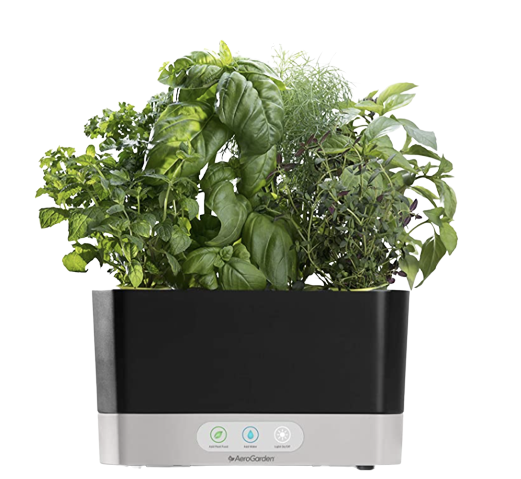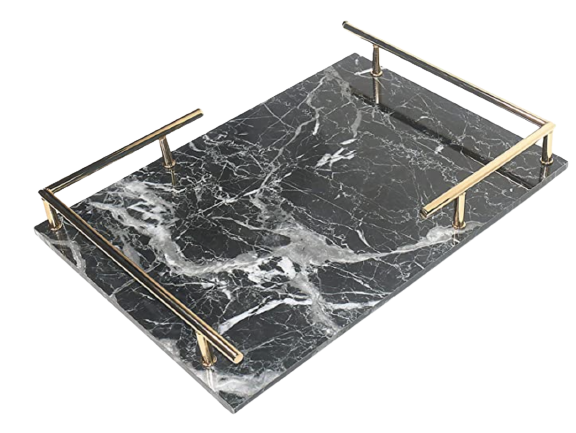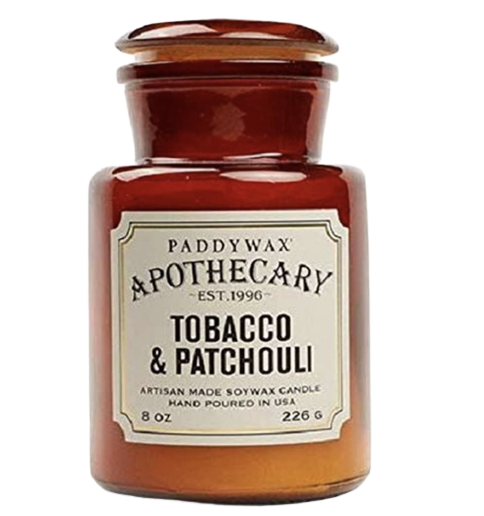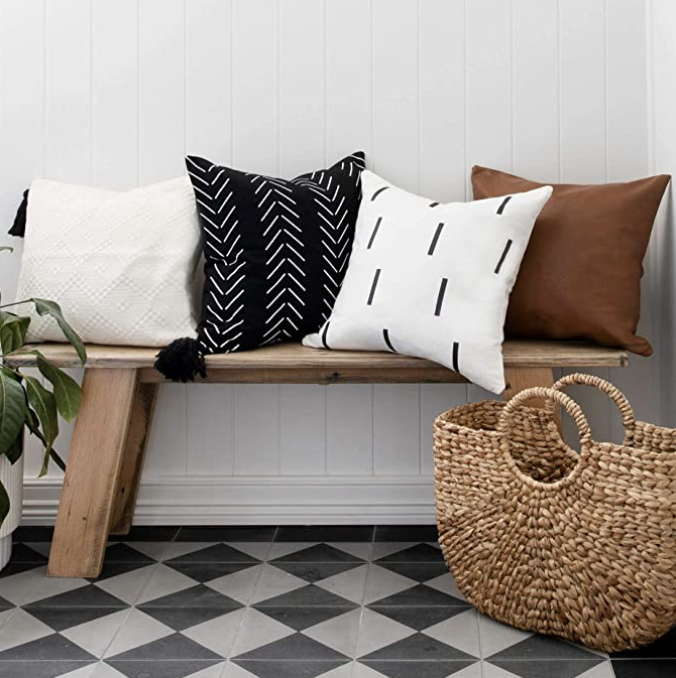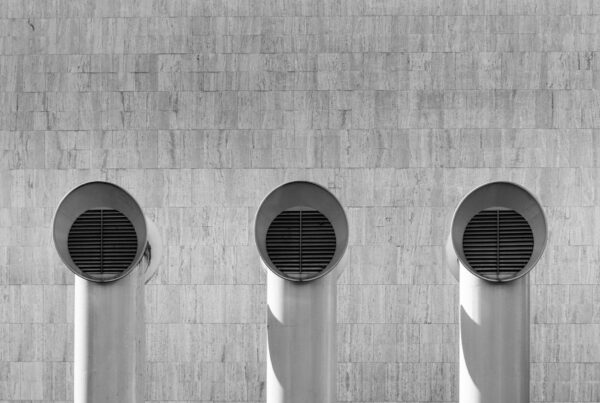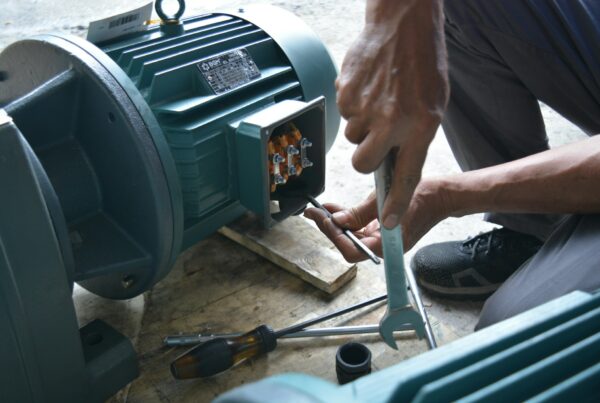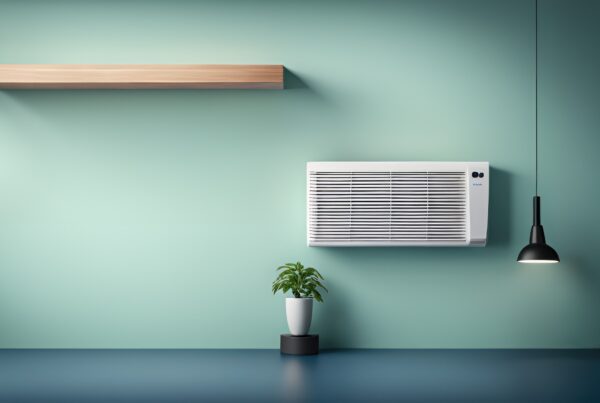Last Updated on January 18, 2024
Household drain blockages are a common yet frustrating issue that many homeowners face. Understanding the causes of these blockages and knowing how to address them effectively can save time and money and prevent potential damage to your plumbing system.
Causes of Drain Blockages
- Hair Accumulation: Hair is a primary culprit for drain blockages in bathrooms. Over time, strands of hair can accumulate and entangle with soap scum and other debris, creating a stubborn clog.
- Grease and Fat Build-up: Grease and fats are the major cause of build-yup and blockages in kitchen sinks. When washed down the drain, these substances cool and solidify, adhering to the pipes and gradually accumulating other debris.
- Food Waste: Even with garbage disposals, certain types of food waste, like coffee grounds, eggshells, and starchy foods, can create blockages by either expanding or sticking to the pipes.
- Foreign Objects: Small objects or materials that shouldn’t be in the drains, such as children’s toys, cotton swabs, or feminine hygiene products, can easily cause blockages.
- Build-up of Minerals: In areas with hard water, minerals can accumulate inside pipes, narrowing the passage and making clogs more likely.
- Roots of Tress: Tree roots are a significant issue for external drain lines. They can grow into the pipes through tiny cracks, obstructing water flow.
Preventive Measures
- Use Drain Guards: Install drain guards in showers and sinks to catch hair, food particles, and other debris. Regularly clean these guards to prevent build-up.
- Proper Disposal of Grease and Oil: Don’t pour oil or grease down the drain. Instead dispose of them in the trash. You can let them solidify in a container before throwing them away.
- Bathroom Waste: Only flush human waste and toilet paper down the toilet. Everything else needs to be disposed of in the trash.
- Regular Cleaning: Regularly use hot water or a baking soda/vinegar solution to flush your drains, helping to dissolve and dislodge minor build-ups.
DIY Solutions for Minor Blockages
- Plunging: A plunger can often dislodge clogs caused by hair or food debris. Ensure a good seal around the drain and use vigorous pumping action.
- Chemical Cleaners: Over-the-counter chemical drain cleaners can dissolve clogs. However, use these sparingly as they can be harsh on pipes and the environment.
- Manual Snaking: A plumber’s snake, or drain auger, can manually remove clogs. This tool can reach deeper into the pipe, breaking up or retrieving blockages.
- Natural Cleaners: For a more eco-friendly approach, you can use a mixture of baking soda, followed by vinegar, down the drain, wait for a few minutes, and then flush with hot water.
When to Call a Professional
While many minor blockages can be resolved with DIY methods, there are situations where professional drainage unblocking help is needed:
- Recurring Clogs: If the same drain keeps getting blocked, it might indicate a deeper issue that requires professional attention.
- More Than 1 Blocked Drain: If multiple drains in your home are blocked simultaneously, it could be a problem with your main sewer line.
- Foul Odors or Slow Draining: Persistent bad odors or slow draining, even after cleaning, could signal a severe blockage or pipe damage.
- No Results from DIY Methods: If you’ve tried various methods and the blockage persists, a plumber will have the training, expertise and tools and to resolve the issue.
Conclusion
Maintaining free-flowing household drains comes down to having a “prevention first” policy. Understanding the common causes of blockages and taking measures proactively can significantly reduce the likelihood of clogs. Small blockages can be addressed with DIY measures, but knowing when to call in a professional can is the key to making sure your pipes and drains stay in good working order. Regular maintenance and mindful usage of your drains will keep your household plumbing functioning efficiently and help avoid the inconvenience and expense of major blockages.

